
Cybersecurity companies Rubrik and Okta are partnering on a new AI-powered identity threat protection solution.

Educause recently released the 2024 Cybersecurity and Privacy Edition of its Horizon Report series, forecasting key trends, technologies, and practices shaping the future of cybersecurity and privacy in higher education.
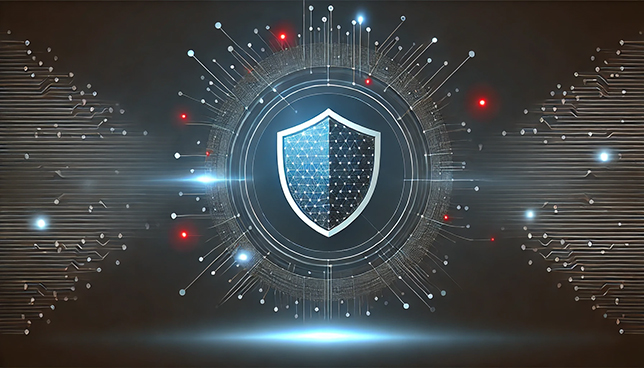
Data security provider Cohesity has integrated CrowdStrike threat intelligence to its flagship data protection platform.
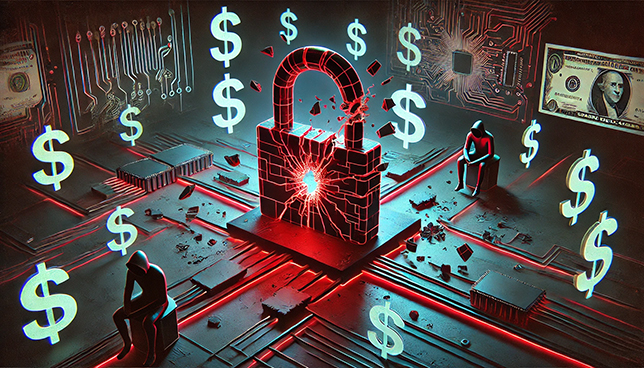
New data from cybersecurity research firm Comparitech quantifies the damage caused by ransomware attacks on educational institutions.

Seventy-seven percent of institutions across K-12 and higher education have uncovered a cyber attack on their infrastructure within the past 12 months, according to a new survey from cybersecurity company Netwrix.

This proposed rule from the department's Bureau of Industry and Security aims to enhance national security by establishing reporting requirements for the development of advanced AI models and computing clusters.
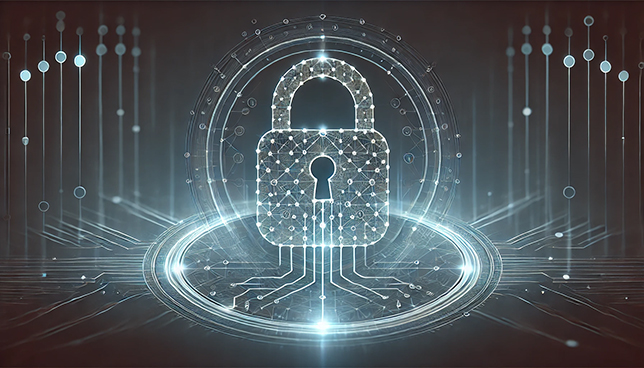
The Cloud Security Alliance (CSA), a not-for-profit organization whose mission statement is defining and raising awareness of best practices to help ensure a secure cloud computing environment, has released a new report offering guidance on securing systems that leverage large language models (LLMs) to address business challenges.
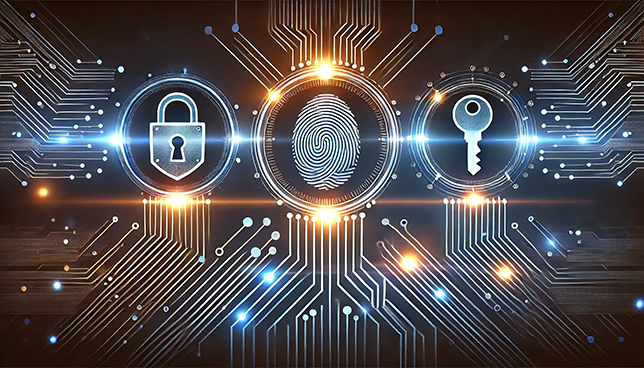
Microsoft will soon require multifactor authentication (MFA) for all Azure sign-ins.

Face Check with Microsoft Entra Verified ID, a consent-based method used to confirm a person's identity, is now available in general release.
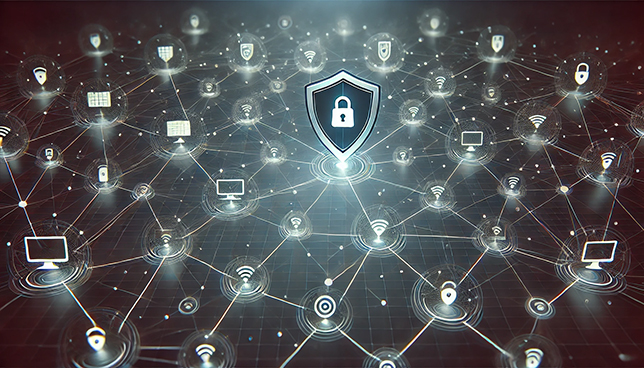
OpenVPN, a popular open source virtual private network (VPN) system integrated into millions of routers, firmware, PCs, mobile devices and other smart devices, is leaving users open to a growing list of threats, according to a new report from Microsoft.